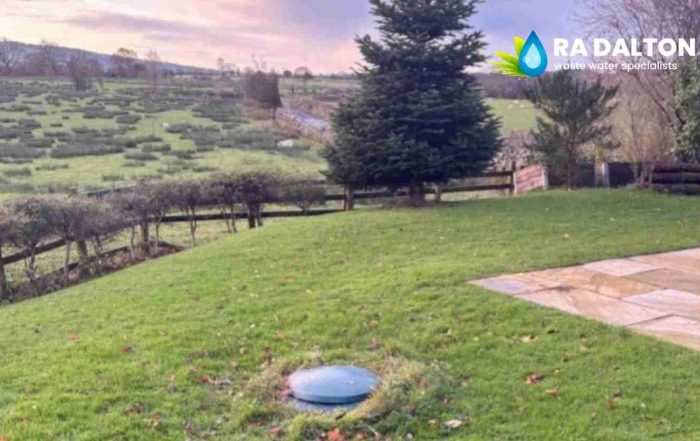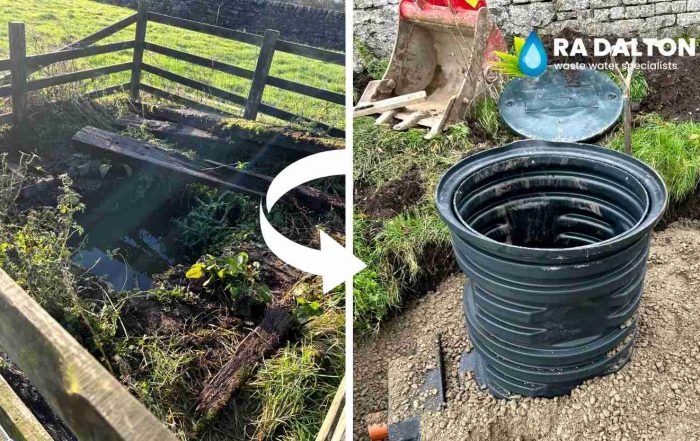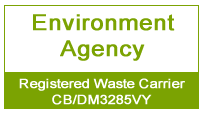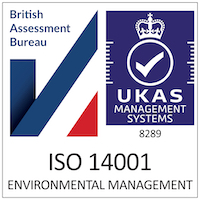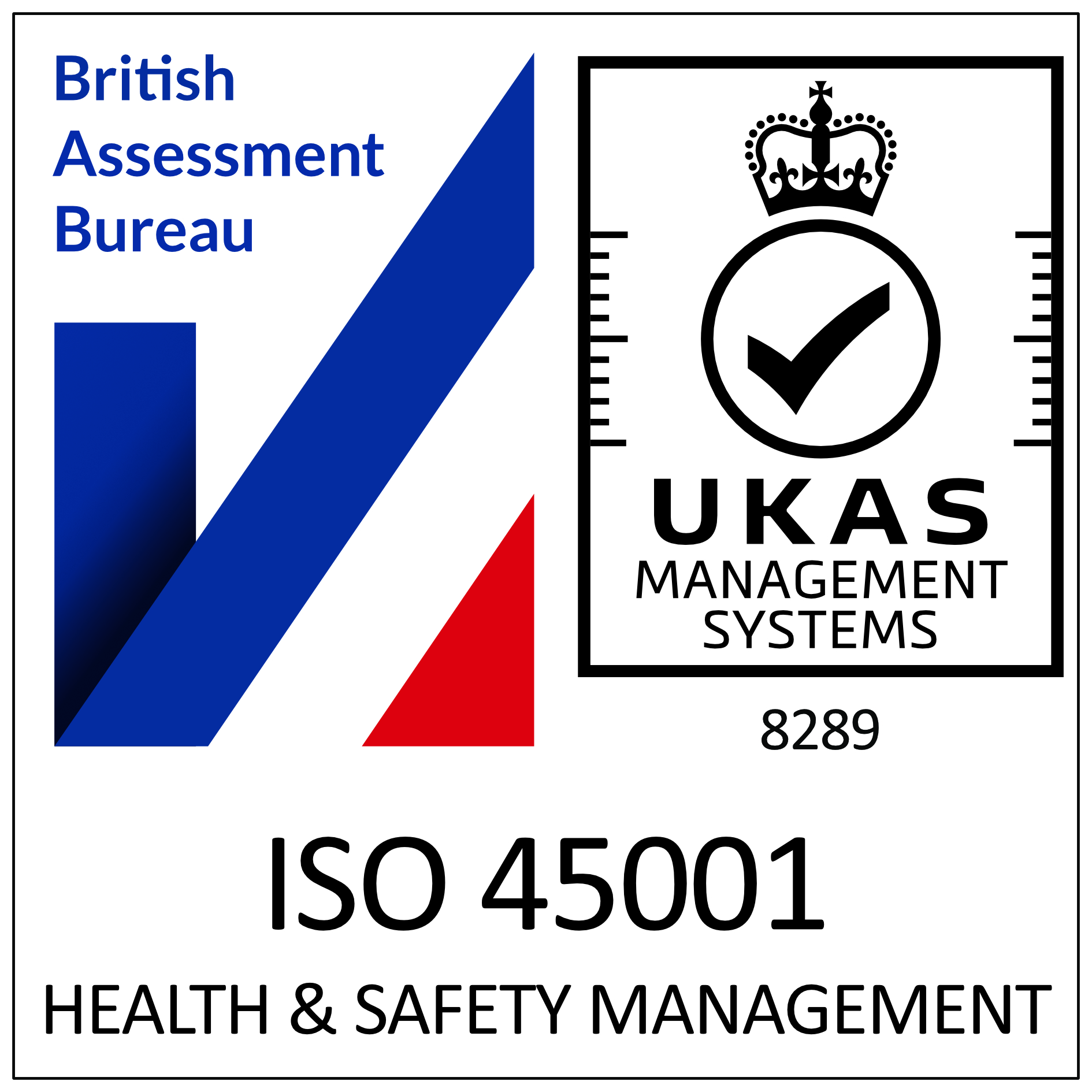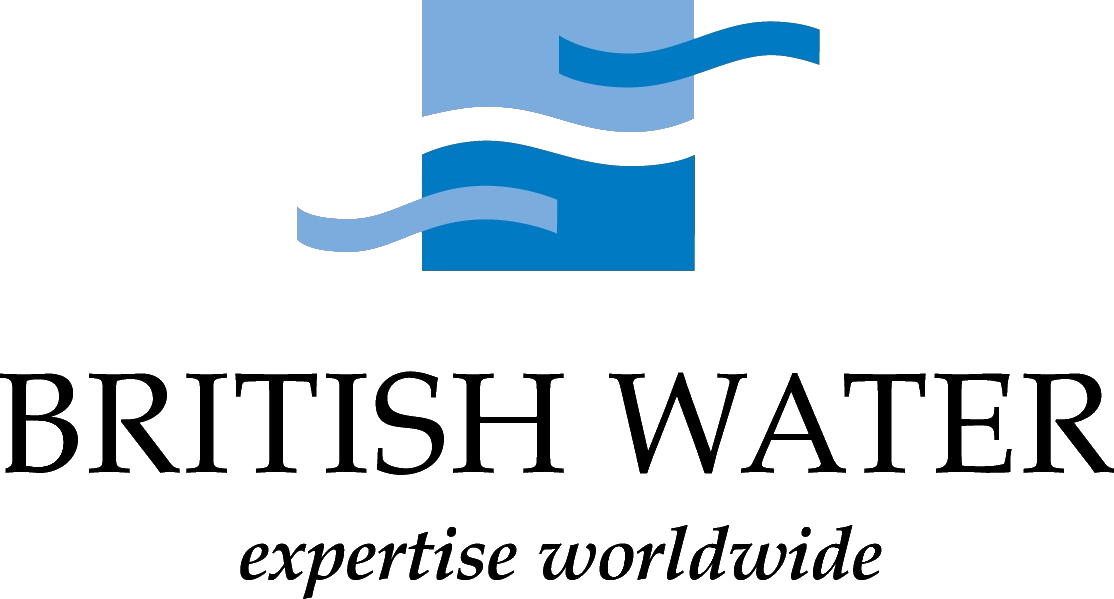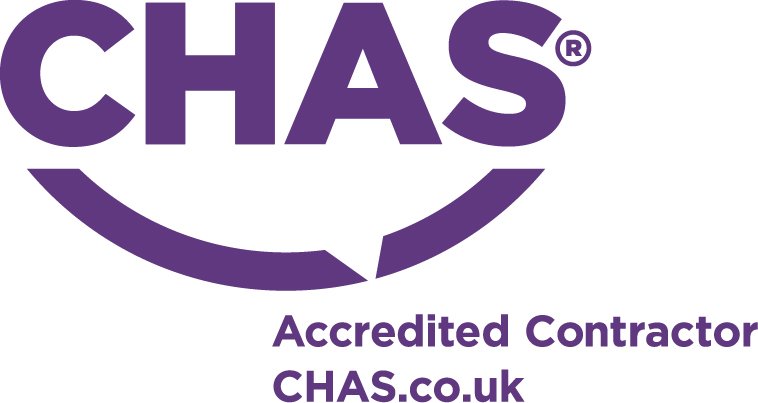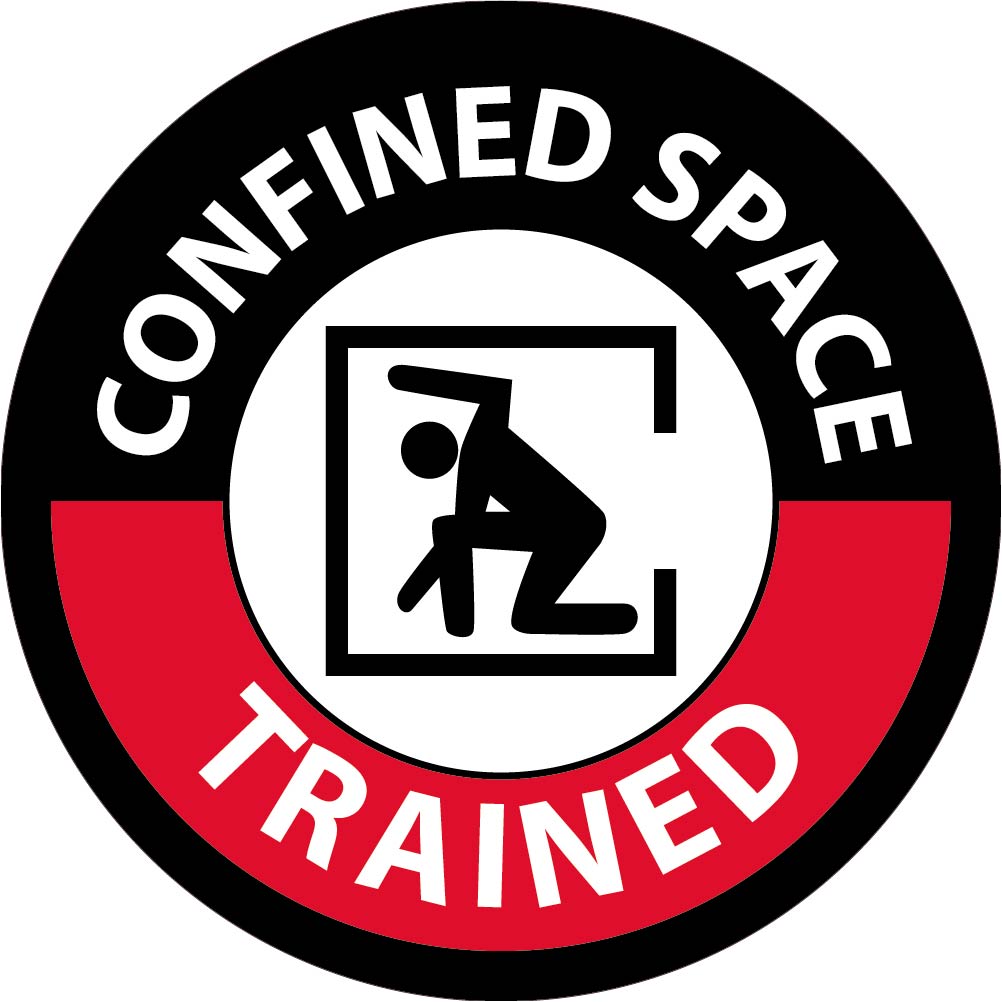Why Grease and Sewage Treatment Plants Don’t Mix: The Importance of Proper FOG Management
When it comes to maintaining a private sewage treatment plant, few things are more damaging, or more overlooked, than poor FOG (Fats, Oils & Grease) management. Whether you’re operating a rural property with your own treatment plant or running a business that discharges to one, understanding how grease affects your system is essential to protecting your investment and avoiding costly repairs.
Why Is Grease a Problem?
Grease, fats, and oils may seem harmless when washed down the sink, especially in warm, liquid form. However, once they cool, they solidify and begin to accumulate within your treatment plant and pipework. Over time, this build-up can cause severe blockages, reduce treatment efficiency, and in worst cases, result in system failure.
Sewage treatment plants are designed to handle biological waste, NOT commercial kitchen waste full of grease and oil residues. When grease enters the system, it can coat internal components, disrupt the balance of beneficial bacteria, and form stubborn blockages that require extensive cleaning or even full component replacement.
The Role of Grease Traps
If you operate a commercial kitchen, you are legally and environmentally obligated to install an appropriate grease trap before waste reaches your sewage treatment plant. Grease traps work by allowing wastewater to cool, giving fats and oils time to separate from water and float to the surface where they can be collected and removed.
However, it’s important to choose the right type of grease trap. Many commercial kitchens rely on internal grease traps fitted under sinks, but these are often insufficient. Because the wastewater hasn’t had enough time to cool down, the grease remains in liquid form and passes straight through, eventually finding its way into the treatment plant.
The Consequences of Poor FOG Management
- Blocked pipework: Solidified grease can quickly restrict the flow of wastewater, causing backups and overflows.
- System damage: Accumulated grease can interfere with the mechanical and biological functions of your treatment plant.
- Costly repairs: Once grease causes a blockage or failure, repairs are often complex, disruptive, and expensive.
- Environmental risks: Discharges from a poorly performing system can breach environmental permits and pollute local watercourses.
Best Practices for FOG Management
- Install a properly sized grease trap outside the kitchen, giving wastewater time to cool before grease separation.
- Maintain your grease trap regularly, ensuring it is emptied and cleaned in line with manufacturer or environmental guidelines.
- Educate staff on what should and shouldn’t go down the sink.
- Monitor your sewage treatment system for early signs of grease-related issues like slow drainage or bad odours.
Good FOG management is not just a best practice, it’s a necessity. If you’re running a commercial kitchen that feeds into a private sewage treatment plant, ensuring that a suitable grease trap is in place will protect your system, your business, and the environment. A little planning now can prevent big problems later.
If you’re unsure about whether your system is protected, get in touch with our team at RA Dalton on 01388 537030 for expert advice on grease management and sewage treatment solutions or email enquiries@radalton.co.uk.


